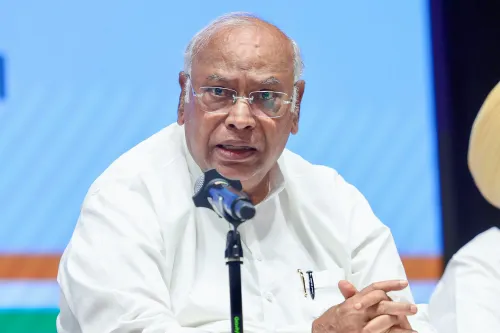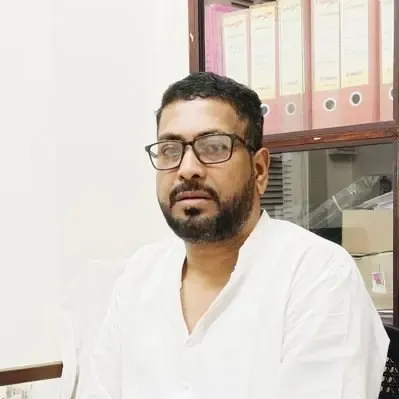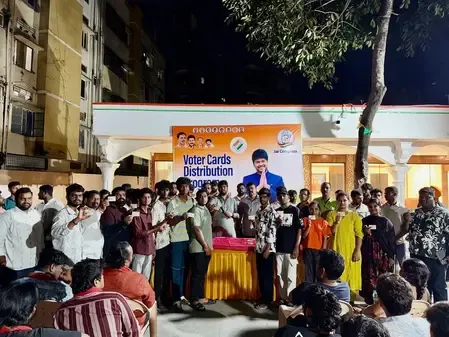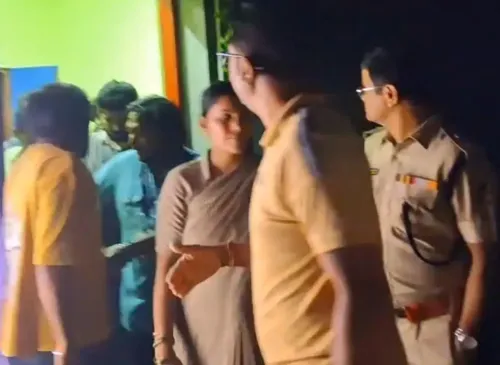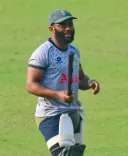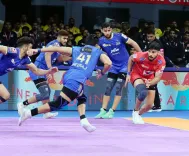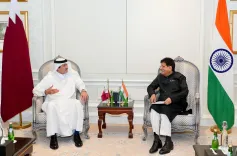Why did the Supreme Court extend Vikas Yadav's bail?
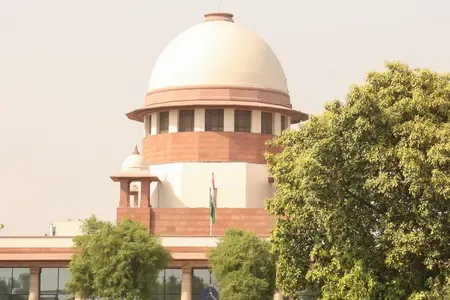
Synopsis
Key Takeaways
- Vikas Yadav's interim bail has been extended for medical reasons.
- The Supreme Court prioritizes family health issues in legal decisions.
- Conditions of bail include regular police reporting and non-contact with witnesses.
- The case continues to highlight issues of caste and justice in India.
- Legal battles surrounding high-profile cases often evoke complex societal discussions.
New Delhi, July 1 (NationPress) The Supreme Court has granted a four-week extension on the interim bail of Vikas Yadav, who was convicted in the notorious 2002 Nitish Katara murder case, allowing him to care for his mother post-surgery.
A panel comprising Justices M.M. Sundresh and K. Vinod Chandran made it clear that this extension will not be prolonged based on the health issues of the petitioner’s mother.
Previously, on April 24, the Supreme Court had offered a temporary reprieve to Vikas Yadav, who has been imprisoned for 23 years, allowing bail until May 8, 2025. The court stated, “This temporary bail is granted solely for the purpose of enabling the petitioner to visit his ailing mother and ensure she receives necessary medical care.” This directive was issued by Justices Abhay S. Oka and Ujjal Bhuyan.
The apex court has periodically extended the interim bail, requiring Vikas Yadav, the son of Uttar Pradesh politician D.P. Yadav, to post a bail bond of Rs one lakh with a local surety of the same amount, and report to the local police station daily at 11 a.m.
Furthermore, the court instructed him to avoid any contact with witnesses against him, including Neelam Katara, the mother of the deceased, and her close relatives.
The Supreme Court also mandated that Vikas Yadav's mother be evaluated by a medical board from the All India Institute of Medical Sciences (AIIMS), Delhi, and requested a medical report by May 7, 2025.
During this interim bail period, Vikas Yadav must remain at his residence in Ghaziabad, except for visits to Yashoda Hospital after his mother is transferred back from AIIMS Delhi.
In a related development, the court recently granted a three-month furlough to co-convict Sukhdev Yadav, also known as ‘Pehalwan’, who is serving a 20-year prison sentence.
Vikas Yadav and his cousin Vishal Yadav, along with others, were sentenced to 25 years of actual imprisonment without the possibility of remission for abducting Nitish Katara from a wedding celebration in February 2002 and subsequently murdering him due to his alleged relationship with Bharti Yadav, Vikas’s sister.
The trial court noted that Katara was killed because the Yadavs disapproved of this cross-caste relationship.

